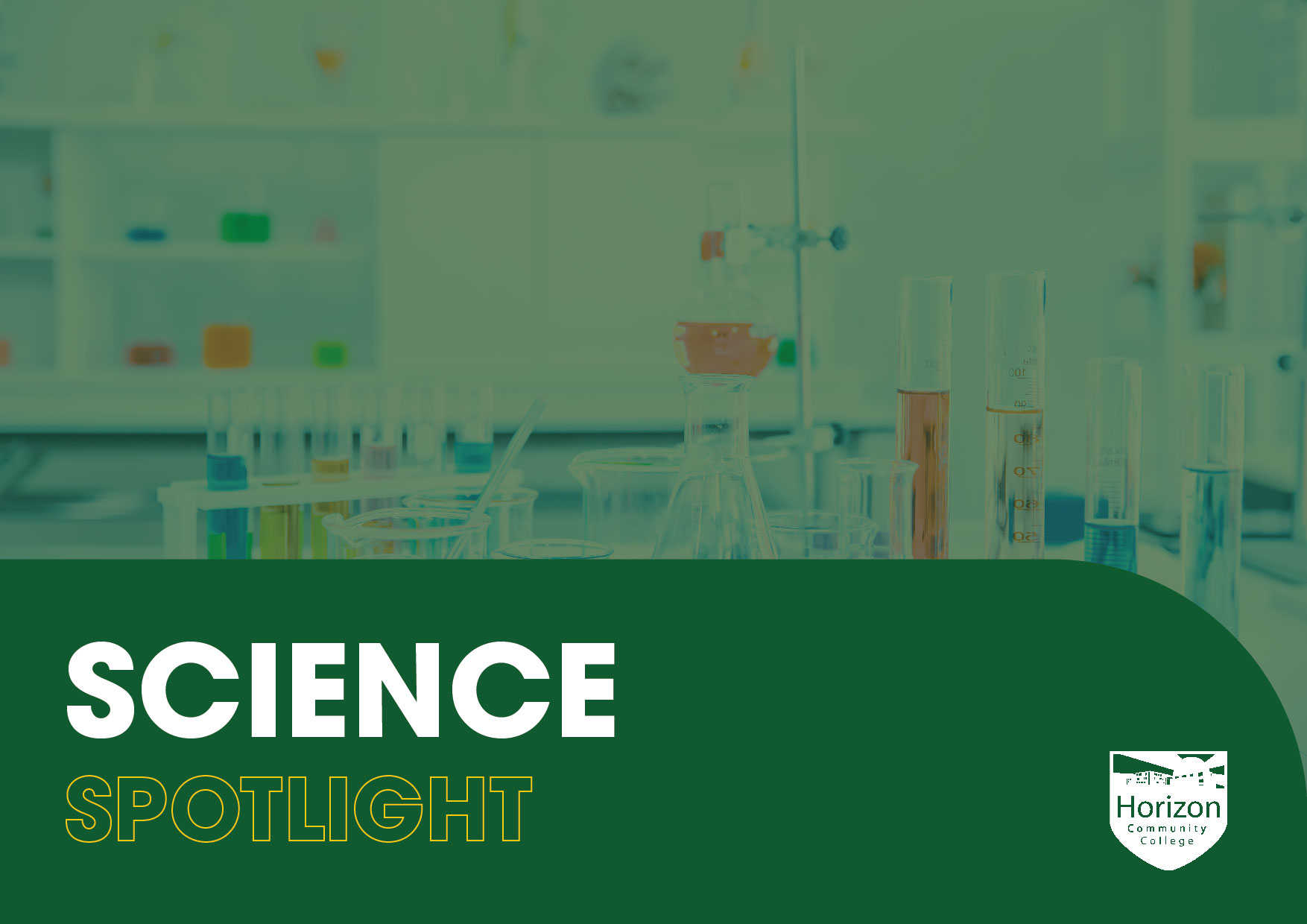CURRICULUM
SCIENCE
SCIENCE Curriculum Intent
Science provides students with knowledge about, and a secure understanding of, life and the world around them. Through the separate disciplines of Biology, Chemistry and Physics, they discover how science has, and continues to, shape the world in which we live. Students are taught to predict, analyse, explain and evaluate, as well as key mathematical and practical techniques, enabling them to take responsibility for the world of tomorrow.
Click here to see where Science can take you
Key STRAND
Knowledge
Throughout the Science curriculum, students are required to demonstrate an understanding of key scientific concepts. This knowledge is spiralled throughout each year group to ensure that it is consistently recapped and consolidated. Our key knowledge strands for each specialism are below:
- Cells and microscopes
- Genes and DNA
- Health
- Body Systems
- Bioenergetics
- Ecology
- Transport
Biology
Chemistry
- Chemical change
- Energy and reactions
- Periodic table
- Analysis
- Earth as a resource
- Rates and equilibrium
- Nature of matter
- Energy
- Electricity
- Particle model
- Atomic structure
- Forces
- Waves
- Magnetism
- Space
Physics
Skills
Throughout the Science curriculum, students will be required to demonstrate that they are proficient in both scientific and mathematical skills. These skills are interleaved through the teaching of knowledge and our key scientific concepts. Our skills strands are essential in the development of competent scientists.
Scientific Skills
- Development of Scientific Thinking
- Experimental Skills and Strategies
- Analysis and Evaluation
- Scientific Vocabulary, Quantities, Symbols and Nomenclature
Mathematical Skills
- Arithmetic and Numerical Computation
- Handling Data
- Algebra
- Graphs
- Geometry and Trigonometry
Biology
Year 7
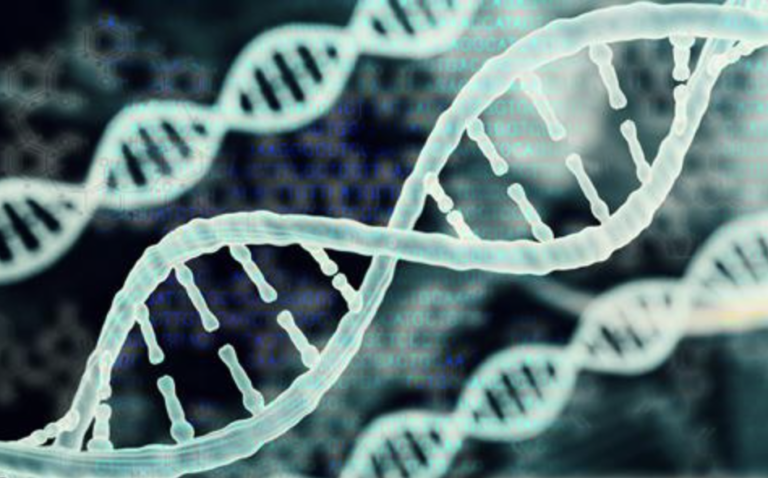
The Fundamentals of Biology
Students will learn about what living organisms are made from. They will have the opportunity to observe real life cells using microscopes and extract DNA. Students will also investigate the fundamental concept of diffusion and its importance in living organisms.
Skills -
• Interpreting diagrams and images of cells and DNA.
• Making observations of cells using microscopes
• Evaluating light vs electron microscopes
• Substituting numbers into equations to complete calculations
• Ask questions and make observations
• Select, plan and carry out appropriate investigations

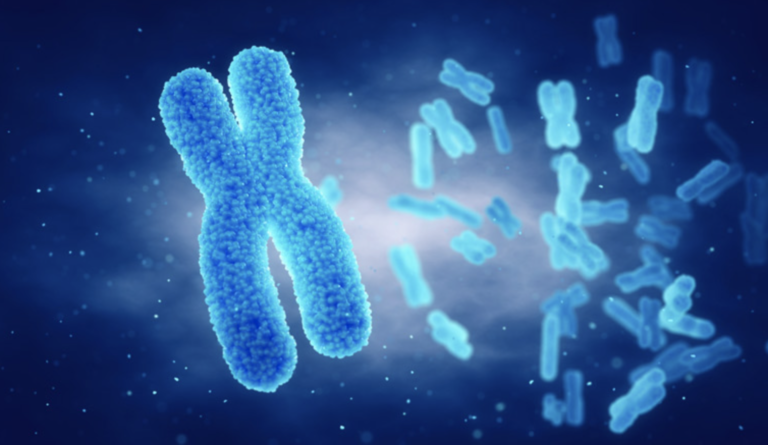
Passing on your Genes
Students will learn about how living organisms reproduce; this includes both plants and animals. They will look at how they inherit their characteristics and what makes them unique. During this topic, students will also cover the key concepts of puberty and the menstrual cycle.
Skills
• Drawing variation graphs (bar charts and scatter graphs)
• Completing inheritance problems
• Make observations
• Predict the outcome of genetic crosses

Year 8
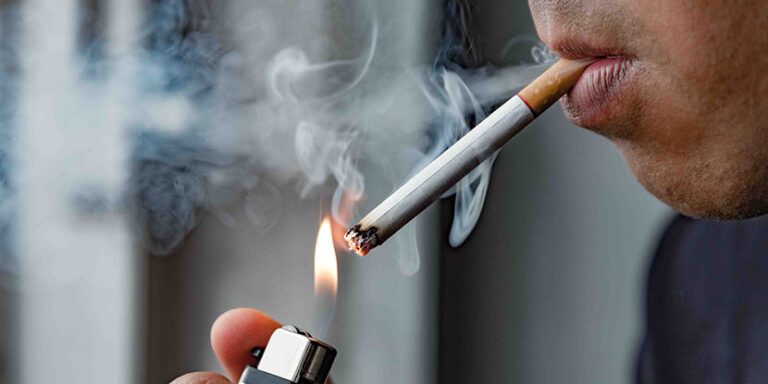
Health & diet
In this topic students learn about what health is & the factors that can affect their health EG: Smoking, Alcohol, drugs & disease. Students will look at different types of disease & how they make them ill. They will look at how we can prevent the transmission of disease & what they can do to protect themselves.
Skills -
• Analyse data on health & diet
• Compare data on health & diet

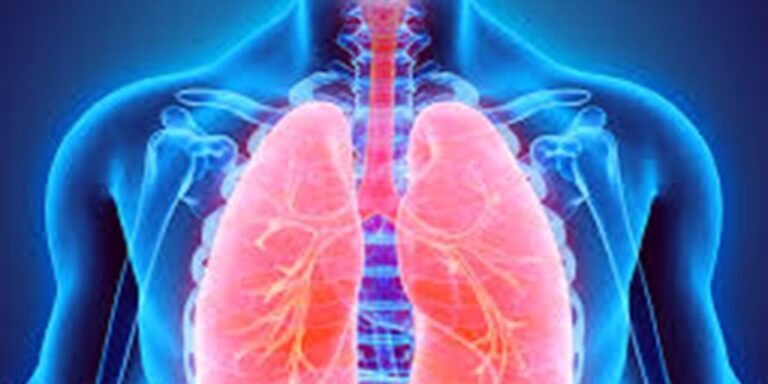
Body systems
In this topic students will learn about the main systems in the body, such as the digestive system, Respiratory system, circulatory system & the musculoskeletal system.
Skills
• Identify the main organs of each system from a diagram
• Comparing data
• Using models to demonstrate concepts

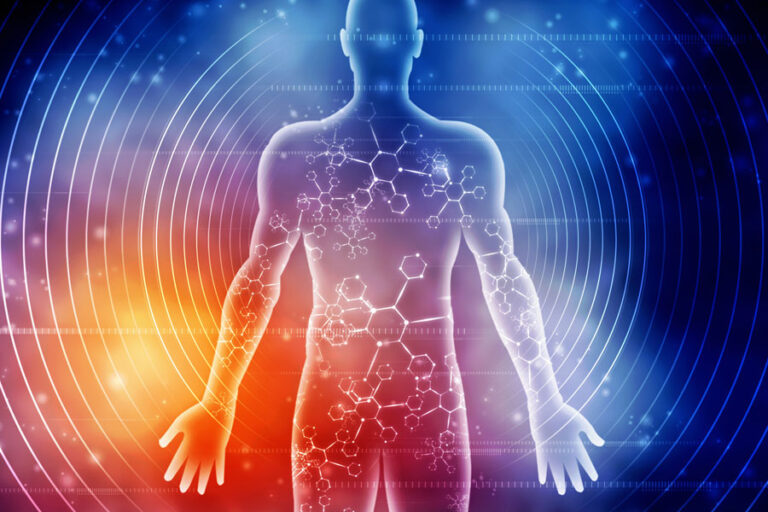
Bioenergetics
This topic builds on knowledge that students have learnt in Y7 about cells & diffusion. They will learn about the 2 types of respiration & their importance. They will also look at how the body responds to exercise. The second part of the topic looks at photosynthesis in plants. In this part of the topic they will complete a practical to investigate photosynthesis.
Skills
• Complete practical’s independently to collect results & analyse them
• Compare respiration to photosynthesis

Year 9
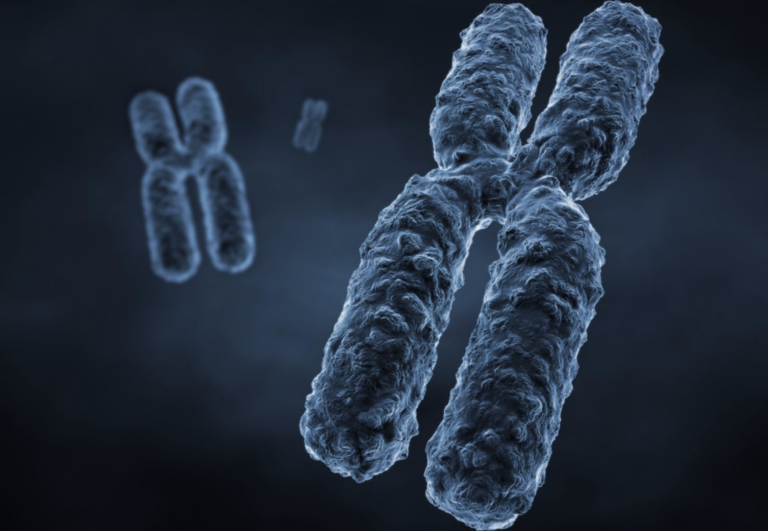
Ecology and Evolution
In this topic students will build on their knowledge from key stage 2 and learn about a variety of living things and their interactions with each other. They will learn about how living things can be classified into groups, feeding relationships between organisms, and how humans impact upon other species. They will learn about how plants and animals evolve over time to become adapted to their particular environment and begin to understand the impact of changes to the environment, how this may present a risk of extinction, and what we could do to prevent this.
Skills -
• Interpreting scientific diagrams
•Using specialist scientific vocabulary and key words
•Applying existing knowledge to unfamiliar situations
•Begin to evaluate the effect of humans on other species.

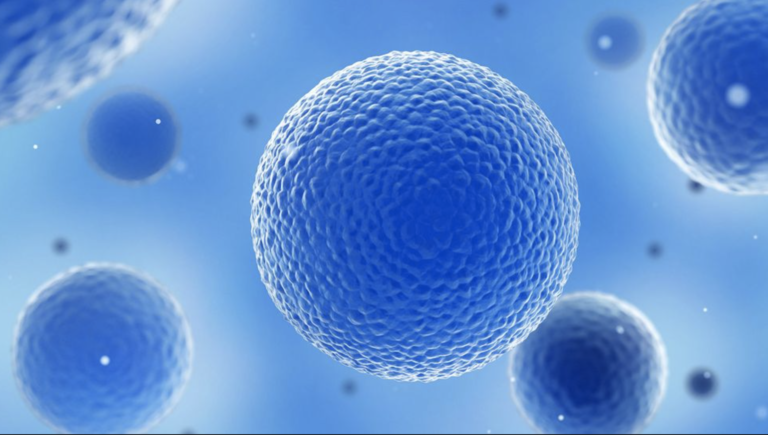
Cell Structure and Function
Starting their GCSE at this point, students build on their knowledge of cells. Here students will use microscopes to make observations of cells and prepare their own specimens to view under the microscope. Students learn the importance concepts such diffusion, osmosis and active transport, testing each concept through practical work.
Skills
• Comparing eukaryotic and prokaryotic cells
• Practically test key concepts within Biology such as diffusion and osmosis
• Writing methods and suggesting improvements to practicals
• Drawing graphs
• Evaluating the social and ethical issues
surrounding the use of STEM cells and therapeutic cloning

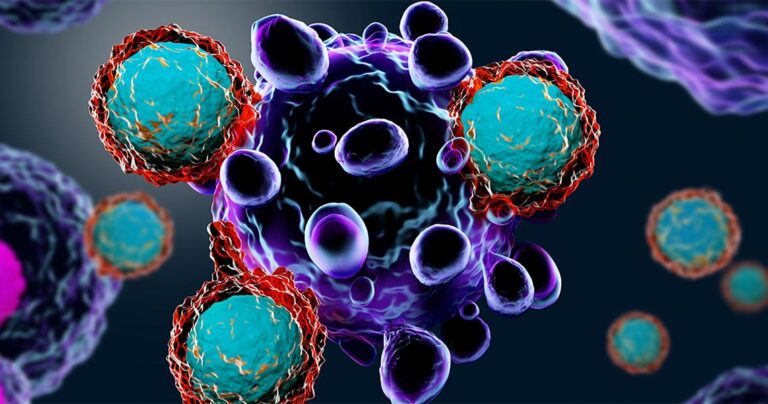
Cell transport
In this topic we build on topic 1 where students learnt about the structure & function of eukaryotic & prokaryotic cells. Students will learn about how substances move into & out of cells using the 3 methods of cell transport.
Skills
• Students will practically test the movement of water into & out of a cell through the required practical Osmosis.
• Mathematical skills of graph drawing & calculating % change will also be covered in this topic.

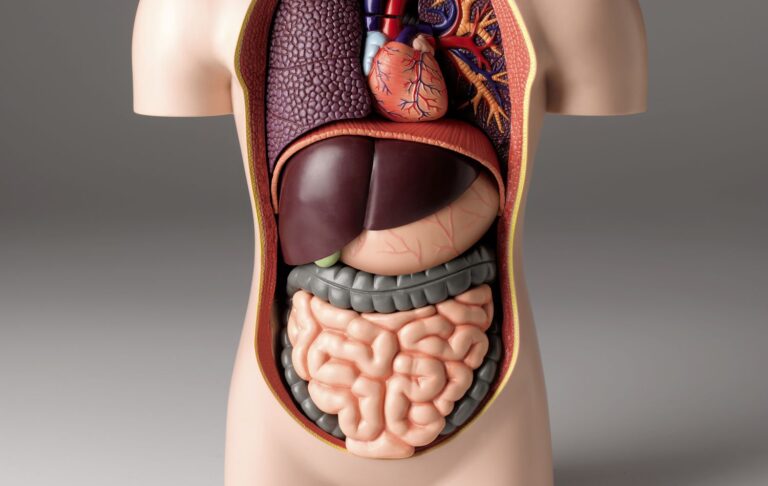
Human systems
In this topic students will learn about the human digestive system which provides the body with nutrients which are dissolved into the blood to be moved around the body. Students will learn about the organs that make up the digestive system, along with specific cells and tissues. Students will learn about how the structures of the digestive system are specialised to be able to work effectively and allow diffusion and active transport of nutrients into the blood. Students will learn about enzymes, the molecules that are responsible for digestion.
Skills
• In this topic, students will be developing their scientific observational skills during the required practicals.
• graph drawing and interpretation.

Year 10
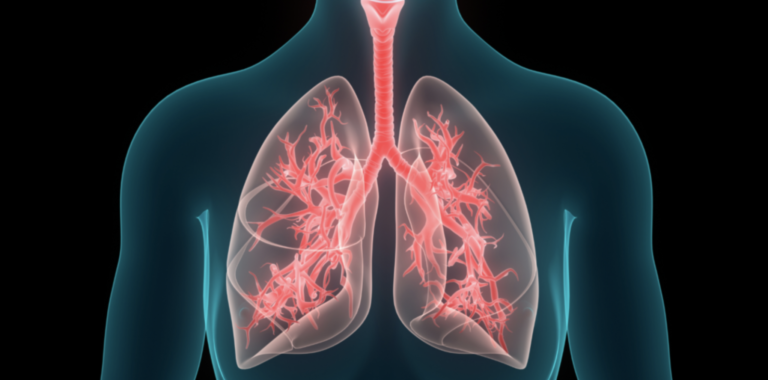
Human systems
Building on their knowledge from KS3 students look at how living organisms are organised. They will continue looking at how the human body is organised where they will study the circulatory and respiratory system in more detail. There are some nice dissections that they can take part in!
Skills -
• Be able to identify in the human body the main organs of the circulatory system, respiratory system .

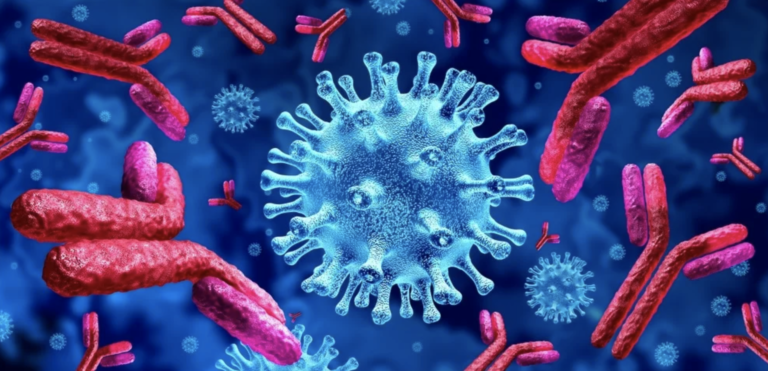
Respiration and metabolism
In this topic we will explore how both animals and plants use oxygen to oxidise food in a process called aerobic respiration and how anaerobic respiration does not require oxygen to transfer energy. We will also explore how vigorous exercise affects the body and how the body responds
Skills
• Use word and symbol equations
• Investigate the effect that exercise can have on the body

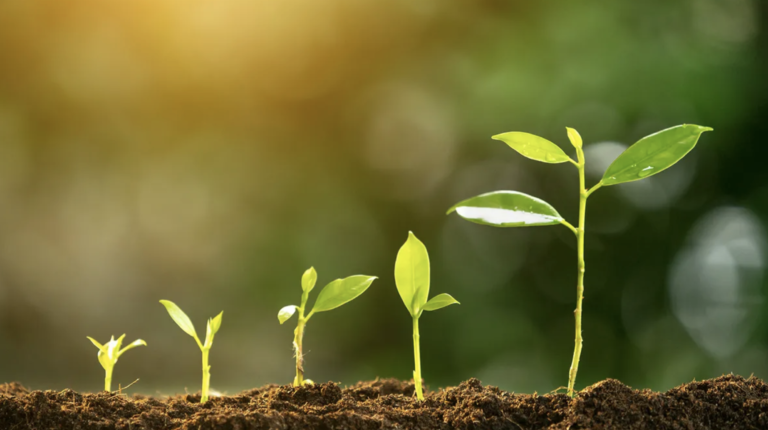
Plant Systems
In this topic students will look at how plants play a vital role in our world. They build on their knowledge of photosynthesis and test to see if plants have done photosynthesis. They will also learn about how plants use the glucose they produce in photosynthesis.
Skills
• Practically test to see if plants have photosynthesised
• Using data on the limiting factors of photosynthesis to evaluate the cost effectiveness of adding heat, light and carbon dioxide to green houses

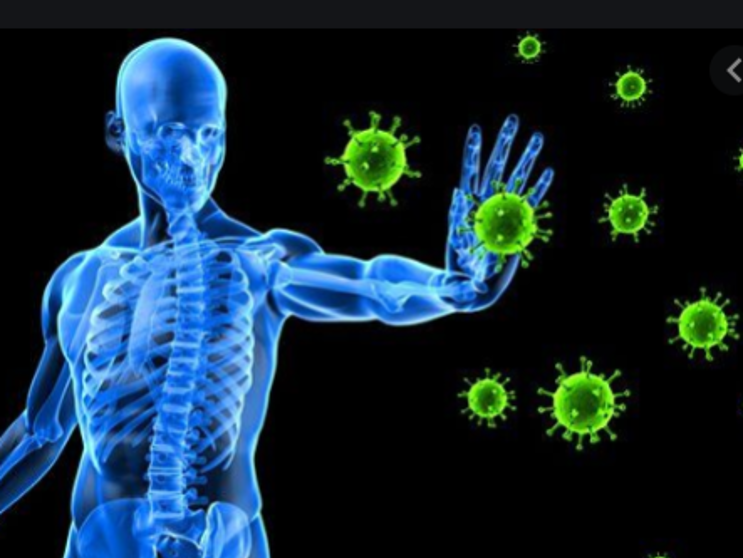
Disease and defence against disease
Students start the topic by looking at the different types of pathogens that cause disease. Students will study different types of disease, how they are transmitted, symptoms and how to prevent and treat disease. We then look at how the body responds to infections and how drugs and vaccines have developed to allow us to effectively treat and prevent disease.
Skills
• Interpret data on different diseases
• Use data to back up statements made
• Evaluate the use of different treatments for diseases

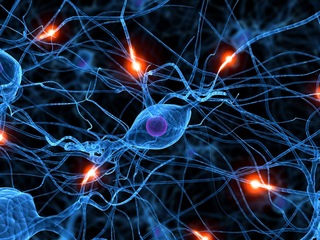
Coordination and Control of Systems
Students learn that cells in the body can only survive within narrow physical and chemical limits. They look at how the body maintains conditions by studying the nervous and endocrine system. Students will also learn how understanding of these systems has allowed developments in Science such as fertility drugs and contraception.
Skills
• Practically test the reaction times and look at the factors that can affect reaction time
• Extract and interpret information from graphs on diabetes, obesity and the menstrual cycle
• Evaluate the use of different forms of contraception
• Understand the social and ethical issuing that are associated with IVF treatments

Year 11

Inheritance and Variation
In this topic, students will build on existing knowledge of how living things reproduce. They will learn about the similarities and differences between sexual and asexual reproduction, and will learn how the cells required for sexual reproduction are produced, and how when combined they produce a unique individual. Students will also learn about DNA and the human genome, its importance, as well as how this causes variation. They will learn about inheritance of characteristics, biological sex and specific inherited diseases such as cystic fibrosis.
Skills
• Constructing and interpreting scientific diagrams to determine the probability of inheriting certain characteristics or disorders
•Use of scientific vocabulary to describe processes

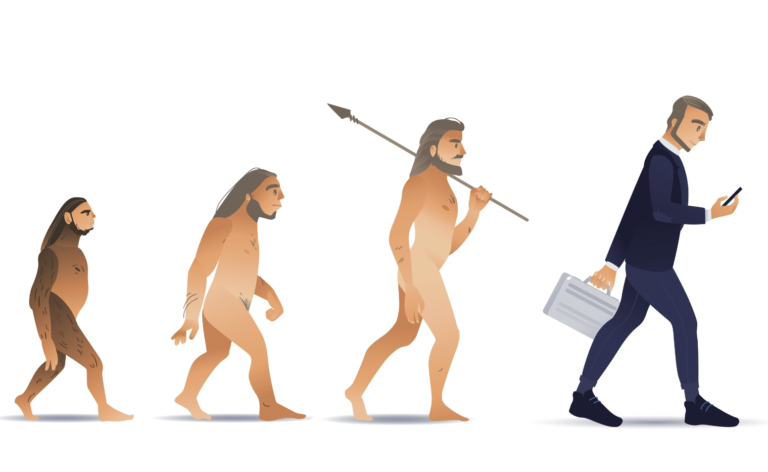
Evolution
In this topic students will build upon their knowledge from KS3 to develop understanding of common ancestors between species and how species are classified by scientists. They will also develop their knowlege of how changes have taken place over time in living things due to natural selection. They will look at reasons for extinction, and the evidence that we have for species that have now become extinct. Students will also look at how, and why, humans use selective breeding and genetic engineering to produce desired characteristics in plants and animals.
Skills
•Evaluate the use of techniques used to produce desired characteristics
•Evaluating theories and evidence to support them
•Use of scientific vocabulary to describe processes

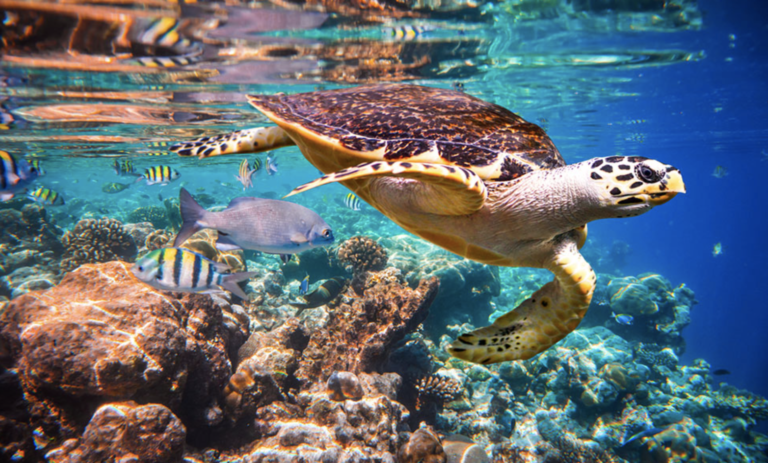
Ecology
Students learn about how the ecosystem is organised and how species rely on each other for survival. They will develop their knowledge of how animals and plants are adapted to survive in their own specific environments, and how materials such as water and carbon as cycled throught the atmosphere. Students investigate how to estimate how many individuals of a species are present in an environment using sampling. The final part of this topic looks at the impact that humans are having on the world in terms of global warming, land use and deforestation.
Skills
•Evaluate the impact of human activity on the world such as deforestation, waste management and global warming
• Interpret data from graphs and charts and be able to use to support answers
• Interpret diagrams of the carbon and water cycle

Chemistry
Year 7
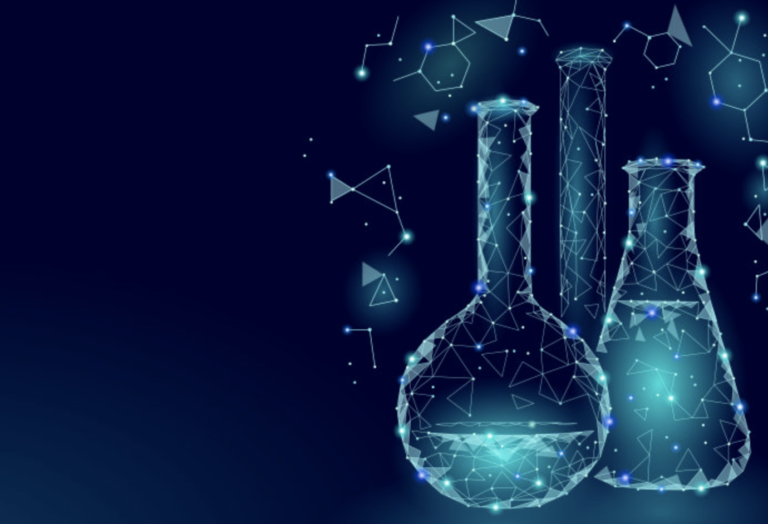
Fundamentals of Chemistry
Students will learn about the core concepts which underpin chemistry. They will learn that everything is made from particles and further their understanding of types of particles through study of the periodic table. They will have an opportunity to develop their practical skills through extraction of ‘instant coffee’ from coffee beans using a variety of separation techniques.
Skills -
• Develop an understanding of the use of model to represent particles.
• Use scientific language to describe scenarios.
• Collect data from practicals, record data and plot this as a graph.
• Use appropriate practical techniques and apparatus.
• Develop scientific ideas.

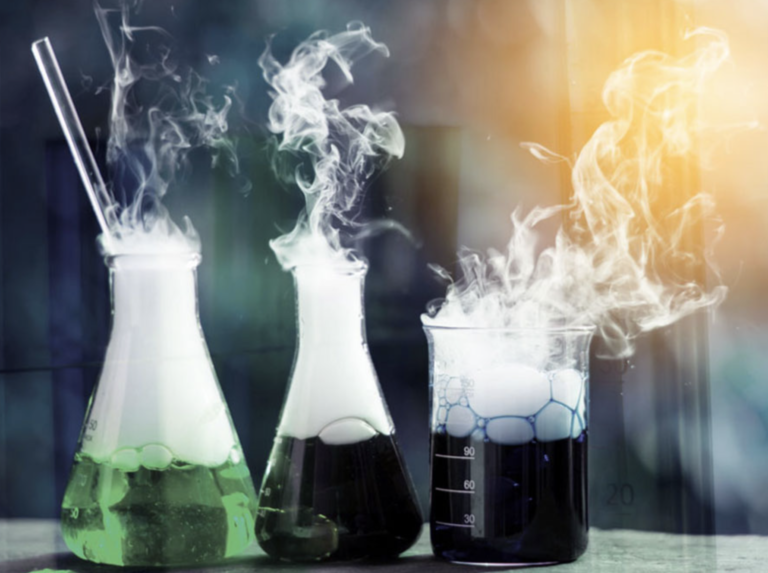
Introduction to Chemical Reactions
Students will develop their understanding of particles, applying them to chemical reactions. They will perform chemical reactions, developing their scientific skills. From this they will be able to describe observations of chemical reactions and write word equations describing these.
Skills
• Use scientific language to describe scenarios.
• Use appropriate practical techniques and apparatus.
• Write scientific methods to describe the practicals conducted.
• Record observations during practicals.

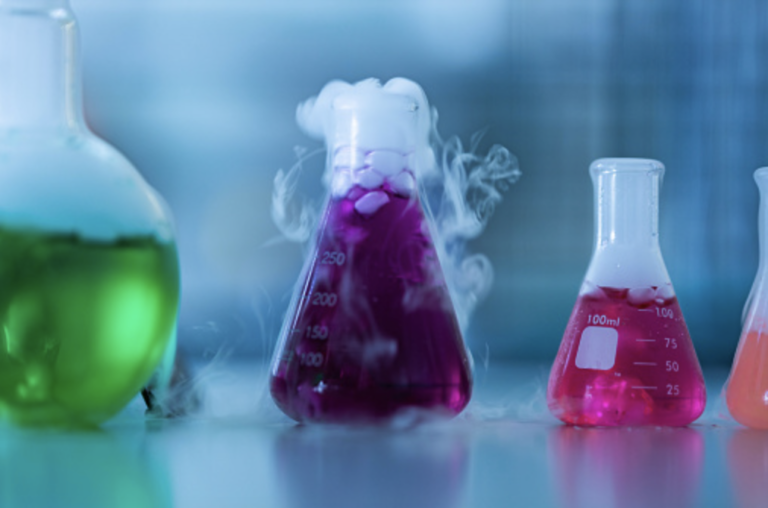
Reactivity
Students will extend their knowledge of chemical reactions and the reactivity of elements on the periodic table. They will conduct in-depth practicals, collecting and analysing data. This topic has links to real-life scenarios in industry.
Skills
• Use appropriate practical techniques and apparatus.
• Write scientific methods to describe the practicals conducted.
• Collect data from practicals, record data and plot this as a graph.
• Record observations during practicals.

Year 8
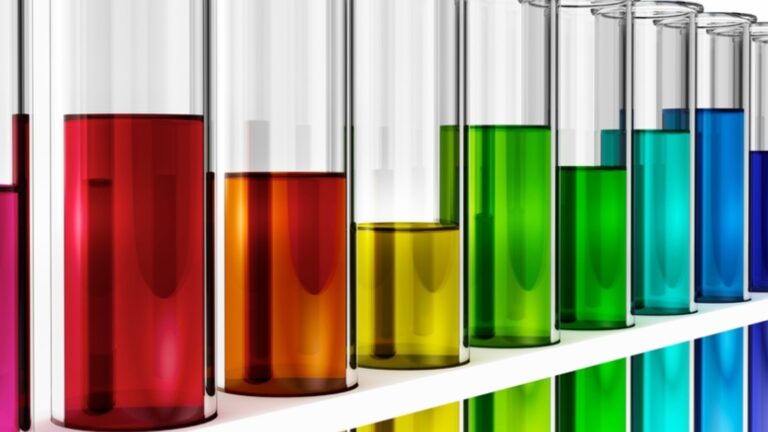
Acids and Alkali
In this topic students will be introduced to the terms acid and alkali, and learn how to test whether substances are acids or alkalis using indicator. They will build on their practical skills with a variety of investigations reacting different acids and alkalis together, building on practical skills from Y7. They will learn to plan practicals and write a method for these reactions.
Skills -
• Use appropriate practical techniques and apparatus.
• Write scientific methods to describe the practicals conducted.
• Collect data from practicals, record data and plot this as a graph.
Record observations during practicals.


Energetics
In this topic students will be introduced to the energy changes which occur when chemical reactions occur. In some reactions, the overall energy change causes an increase in temperature of the surroundings and energy is given out in the form of heat. However, in some reactions, the overall energy change causes a decrease in temperature of the surrounding as energy has been taken in. This topic has a large focus on practical skills to improve your data collection, method writing and data analysis skills.
Skills
• Use appropriate practical techniques and apparatus.
• Write scientific methods to describe the practicals conducted.
• Collect data from practicals, record data and plot this as a graph.
• Record observations during practicals.


Earth
At KS2 students have already learnt about how to identify & name different materials. This includes rocks which they should be able to group together based on their appearance & properties. In this topic students build on the knowledge learnt in the fundamentals of chemistry were they learnt about mentals & non-metals & how to identify them. The have also completed the reactivity topic were they studied different types of chemical reactions. This topic builds on this by introducing them to chemical reactions such as displacements.
Skills

Year 9
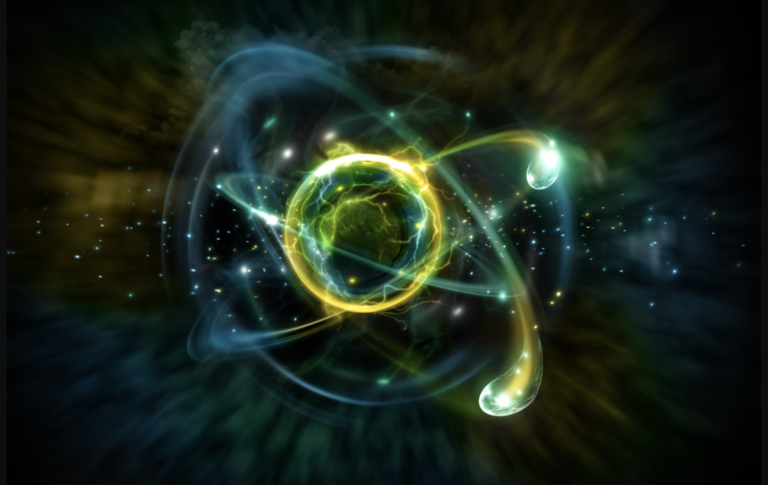
Investigating Reactions
In this topic, students will consolidate their understanding of the fundamentals of Chemistry through investigating reactions. They will retrieve their knowledge of atoms, elements and compounds whilst completing a range of practical activities. Students will then go on to revisit the concept of conservation of mass, before investigating uncertainty.
Skills -
• Writing word equations
• Balancing equations
• Safely using equipment and chemicals
• Use models to solve problems
• Make estimations of uncertainty

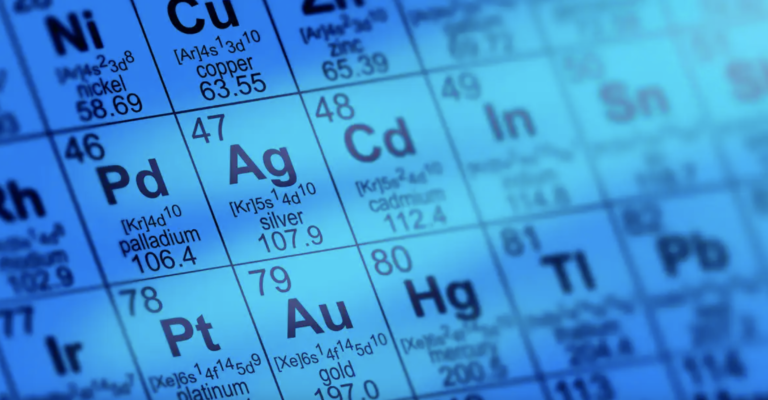
Atomic structure and the periodic table
Students will learn that the periodic table provides chemists with a structured organisation of the known chemical elements from which they can make sense of their physical and chemical properties. The historical development of the periodic table and models of atomic structure provide good examples of how scientific ideas and explanations develop over time as new evidence emerges. The arrangement of elements in the modern periodic table can be explained in terms of atomic structure which provides evidence for the model of a nuclear atom with electrons in energy levels. Towards the end of this topic, students will recap separation techniques and complete an extended practical looking at chromatography.
Skills
• Use the periodic table to name elements and compounds and complete chemical equations.
• Use the periodic table to calculate numerous scientific quantities.
• Use scientific vocabulary correctly.
• Use appropriate practical techniques and apparatus.
• Write scientific methods to describe the practicals conducted.
• Collect data from practicals, record data and plot this as a graph.
• Record observations during practicals.

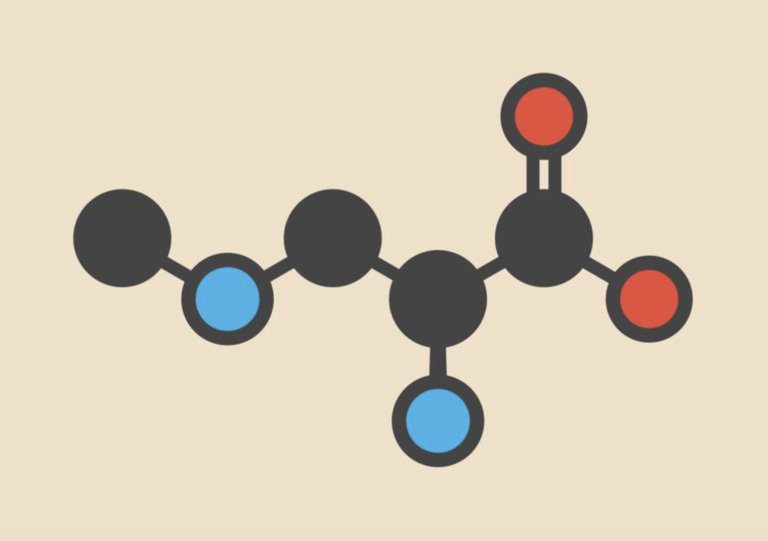
Structure and bonding
Students will learn that chemists use theories of structure and bonding to explain the physical and chemical properties of materials. Analysis of structures shows that atoms can be arranged in a variety of ways, some of which are molecular while others are giant structures. Theories of bonding explain how atoms are held together in these structures. Scientists use this knowledge of structure and bonding to engineer new materials with desirable properties. The properties of these materials may offer new applications in a range of different technologies.
Skills
• Use diagrams to represent and describe chemical bonding.
• Use the periodic table to determine electron number.
• Describe properties of chemicals based on their bonding.

Year 10

Chemical changes
Students will learn that chemical changes began when people began experimenting with chemical reactions in a systematic way and organizing their results logically. Knowing about these different chemical changes meant that scientists could begin to predict exactly what new substances would be formed and use this knowledge to develop a wide range of different materials and processes.
Skills
• Use scientific vocabulary correctly.
• Use appropriate practical techniques and apparatus.
• Write scientific methods to describe the practicals conducted.
• Collect data from practicals, record data and plot this as a graph.
• Record observations during practicals.

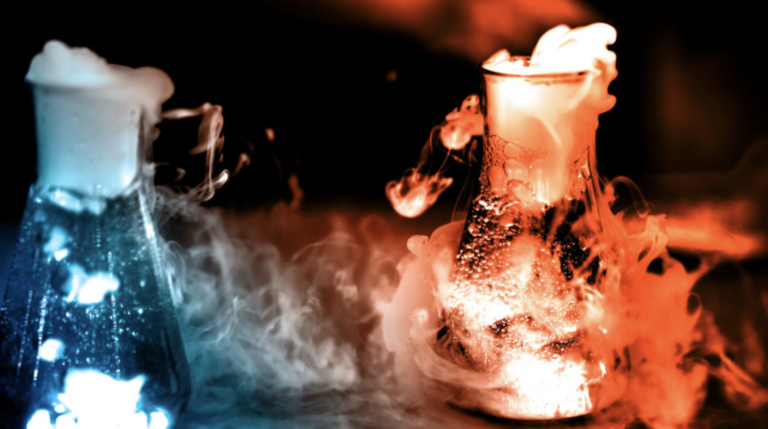
Energy changes
Students will learn that energy changes are an important part of chemical reaction and that the interaction of particles often involves transfers of energy due to the breaking and formation of bonds. These interactions between particles can produce heating or cooling effects that are used in a range of everyday applications.
Skills -
• Use scientific vocabulary correctly.
• Use appropriate practical techniques and apparatus.
• Write scientific methods to describe the practicals conducted.
• Collect data from practicals, record data and plot this as a graph.
• Record observations during practicals.


Extraction of metals and electrolysis
This topic links reactivity and scarcity of metals to how they are extracted from their ores. Extraction of metals by reduction with carbon and electrolysis are compared, as well as how to extract metals from ores with a low metal content. The majority of this topic covers the process of electrolysis which is the splitting of compounds into their elements using electricity, This links to conduction in metals and graphite, ionic bonding and also oxidation and reduction.
Skills -
• Use scientific vocabulary correctly.
• Use appropriate practical techniques and apparatus.
• Predict and identify products from electrolysis using gas tests and rules of electrolysis.
• Compare and contrast different methods using scientific vocabulary


Chemical analysis (Separates only)
Students will learn that analysts have developed a range of qualitative tests to detect specific chemicals. The tests are based on reactions that produce a gas with distinctive properties, or a colour change or an insoluble solid that appears as a precipitate.
Skills
• Use observations from chemical reactions/analytic methods to determine the products.
• Evaluate qualitative vs. Quantitative methods.

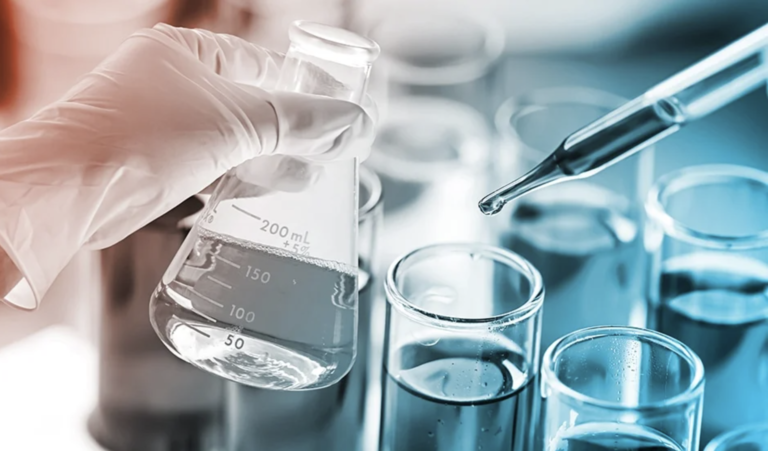
Quantitative chemistry
Students will learn how to use quantitative analysis to determine the formulae of compounds and the equations for reactions. Given this information, students can then use quantitative methods to determine the masses and concentrations of elements and compounds in a variety of reactions.
Skills
• Use the periodic to determine mathematic quantities relating to compound and chemical reactions.

Year 11
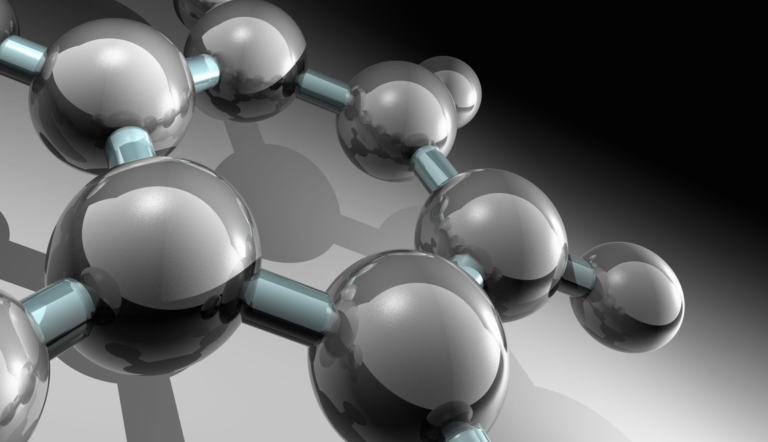
Earth
In this topic students will draw on your knowledge from KS3 and look into the chemistry of the atmosphere, in particular at how this has changed over time. Real-life data will be analysed to look at the impact of humans on the atmosphere and the effects this has on climate and the environment. Students will learn about how chemists operate sustainably, seek to minimise the use of Earth’s limited resources, use of energy, assess the impact of waste and manufacturing of different products. This includes looking at the formation, extraction and use of crude oil and the hydrocarbons separated from it during fractional distillation. Students will also learn about the purification of ground water and sea water to produce water which is safe to drink, as well as how waste water is treated in sewage treatment plants.
Skills -
• Analyse data from graphs and tables.
• Describe scientific principles using key words.
• Make conclusions and discuss to necessity of peer reviewed evidence.
• Evaluate whether products are sustainable using data and their own knowledge.


Organic chemistry
Students will learn about a great variety of carbon compounds and how these are possible because carbon atoms can form chains and rings linked by C-C bonds. This branch of chemistry gets its name from the fact that the main sources of organic compounds are living, or once-living materials from plants and animals. These sources include fossil fuels which are a major source of feedstock for the petrochemical industry. They will study how chemists are able to take organic molecules and modify them in many ways to make new and useful materials such as polymers, pharmaceuticals, perfumes and flavourings, dyes and detergents.
Skills -
• Determine properties of hydrocarbons from their length.
• Use scientific literacy to describe scenarios.
• Draw displayed formula and equations representing numerous chemical compounds and their reactions.


Equilibria
Students will learn about reversible reactions and the importance in these in industry. They will discover how the effect of different variables needs to be established in order to identify how to maximise the yield of a desired product. Understanding energy changes that accompany chemical reactions is important for this process.
Skills
• Use scientific vocabulary correctly.
• Analyse graphs representing chemical reactions.
•Apply prior knowledge to unfamiliar situations.

Physics
Year 7
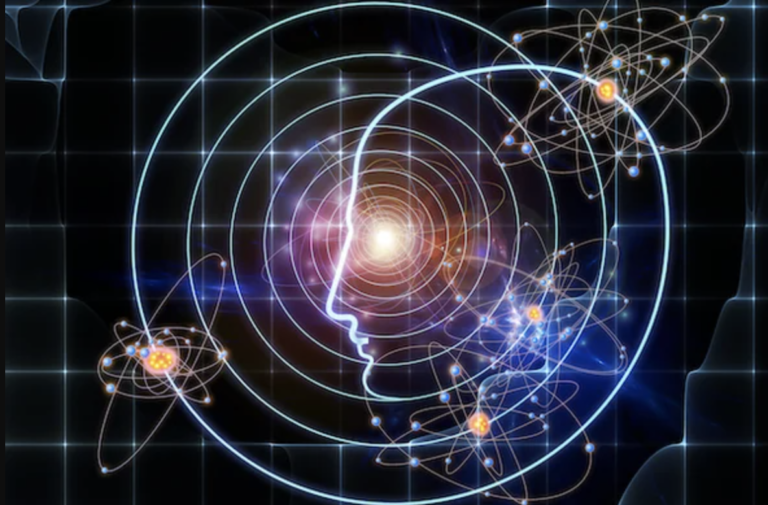
Fundamentals of Physics
Students look at the different stores of energy and examples of each. They will learn how energy is transferred from one store to another using pathways. They look at examples such as conduction, convection and radiation. They move on to look at how insulation plays a vital role in informing everyday life choices.
Skills -
• Make predictions and observations
• Select suitable practical equipment and techniques
• Calculate efficiencies and work done

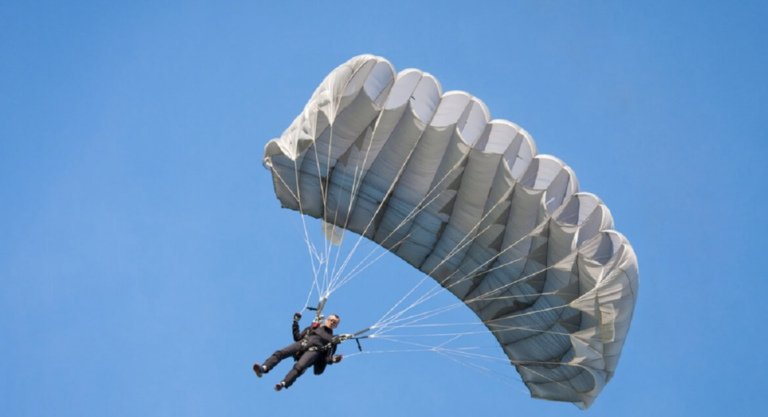
Forces
Students will look at what a force is and how objects interact with each other. This can cause changes in motion and direction. The main forces that students will investigate in this topic include friction and air resistance.
Skills
• Make and record observations
• Apply mathematical concepts to new scenarios
• Evaluate practical techniques

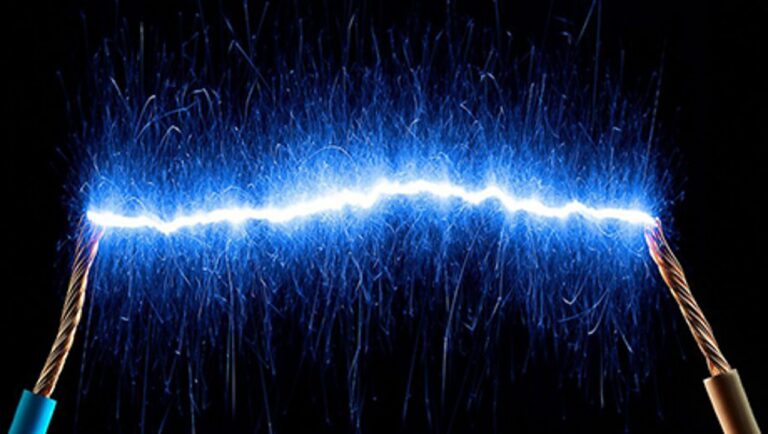
Electricity & magnetism
Students learn about the different components that make up a circuit and their function within the circuit. Students will get to build and test series and parallel circuits. They get to investigate current, potential difference and resistance. Students move on to look at magnets and how magnetic forces can be used in everyday examples. Students get to investigate how changing the strength of the electromagnets changes its properties.
Skills
• Construct circuit diagrams
• Make predictions and record observations
• Draw graphs

Year 8
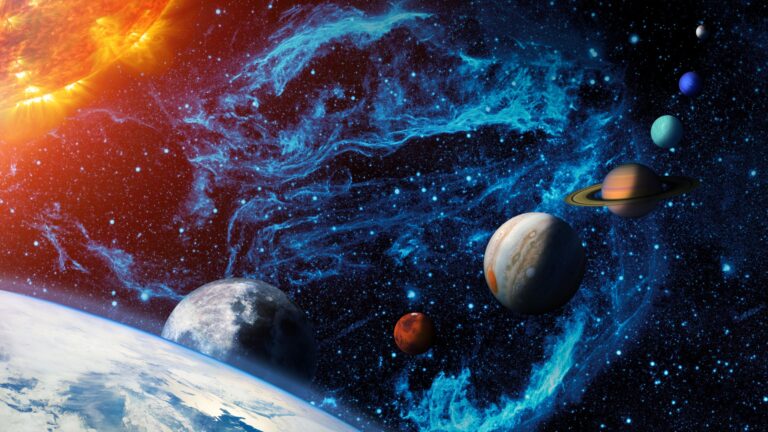
Space
In this topic students will look at our place in the universe & the scale of the universe. Students will be able to make a model of the Webb telescope to make observations. They will look at how days, seasons & years are formed.
Skills -
• Analysing data on planets
• Following methods to complete practical
• Collect data

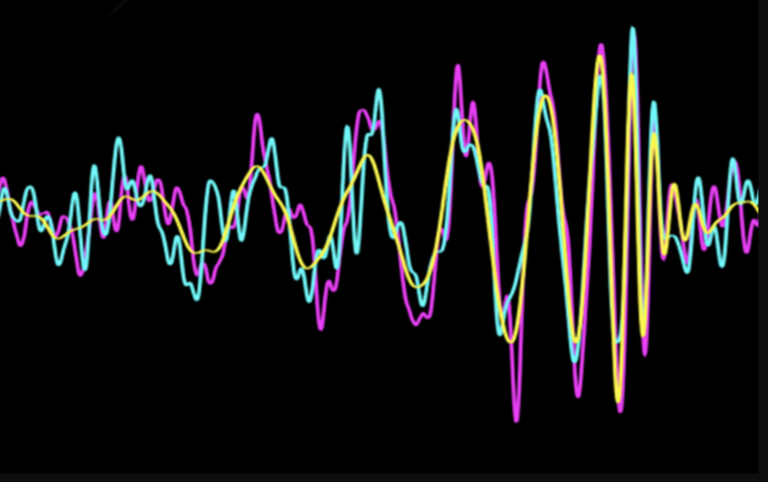
Waves
Students will learn about the different types of wave and their applications within technology. For example, ultrasound, cleaning jewellery and credit cards.
Skills
• Record observations
• Suggest improvements to practical techniques
• Draw graphs

Year 9

Light waves
Students look at how light waves behave. They will study how light can reflect and refract. Students will also learn about the eye and how the eye adjusts to the light around us to form a clear image that we can then see.
Skills -
• Understand size and scale
• Make observations
• Understand how theories have developed over time

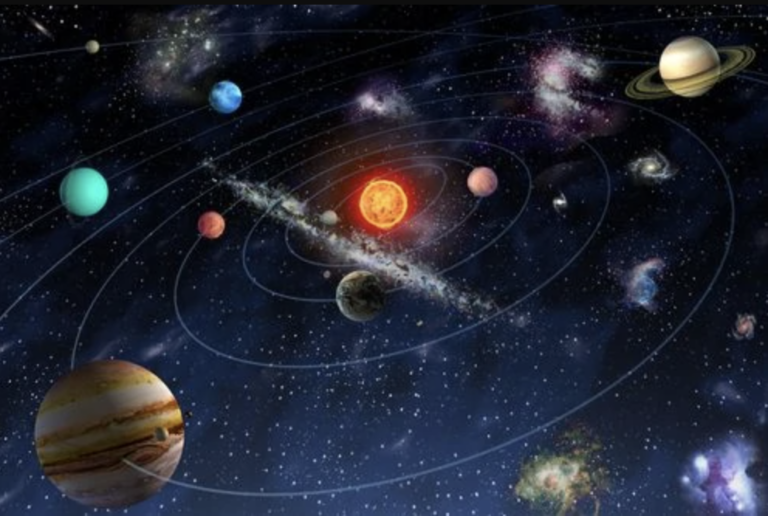
Space Physics
Students delve deep into the solar system where they study the different planets, the sun and the moon. They will learn about how days, months and seasons take place.
Skills
• Understand size and scale
• Make observations
• Understand how theories have developed over time


Energy and Electrical Energy
Building on their knowledge from KS3 students learn how energy is transferred between different stores. They will focus on how electrical components transfer energy.
Skills
• Apply mathematical concepts and calculate results
• Present observations in formats including tables and graphs
• Select the most appropriate practical equipment for an investigation

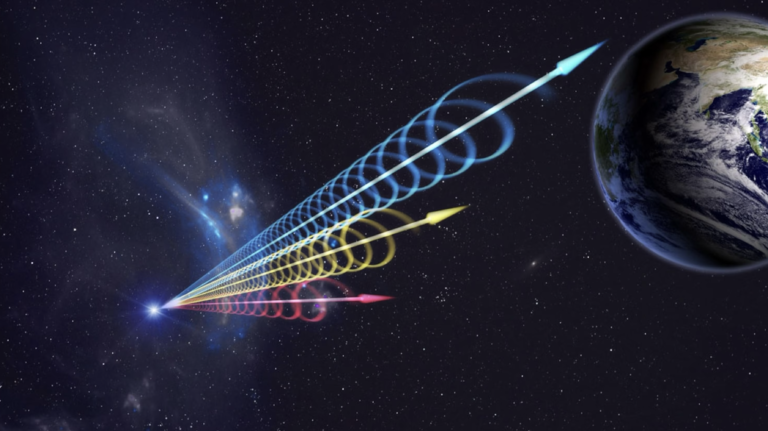
Transferring Energy Through Waves
Students build on knowledge from the previous topic and learn how energy can be transferred through different pathways, here they will focus on waves.
Skills
• Apply mathematical concepts and calculate results
• Present observations in formats including tables and graphs
• Select the most appropriate practical equipment for an investigation

Year 10
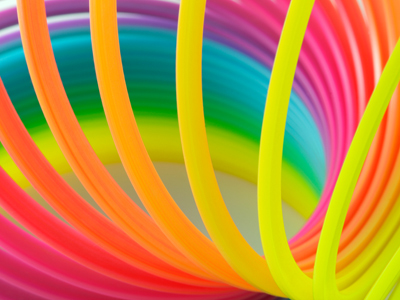
Forces and Elasticity
Students will consolidate their previous learning on energy and forces. They will learn how forces can cause the deformation of objects which will hen store elastic potential energy.
Skills -
• Apply mathematical concepts and calculate results
• Use scientific theories and explanations to develop hypotheses.
• Apply a knowledge of a range of techniques, instruments, apparatus, and materials to select those appropriate to the experiment.

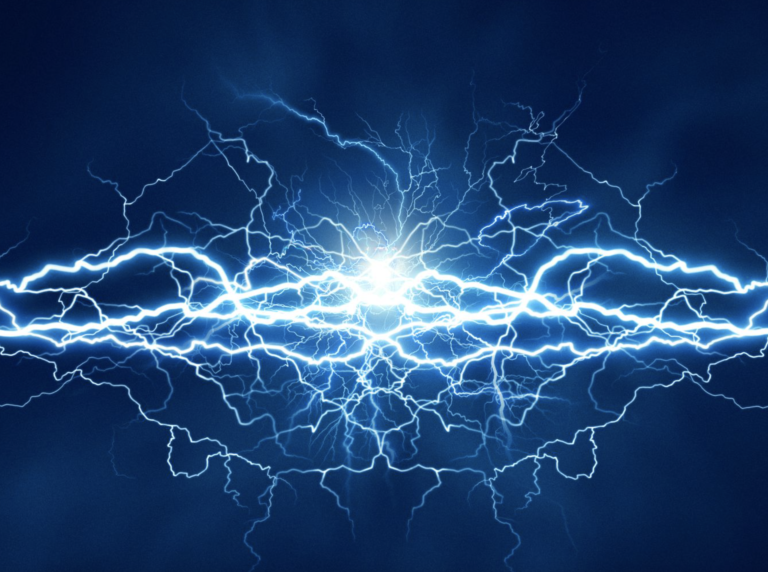
Transferring Energy Through Waves
Students build on knowledge from the previous topic and learn how energy can be transferred through different pathways, here they will focus on waves.
Skills
• Apply mathematical concepts and calculate results
• Present observations in formats including tables and graphs
• Select the most appropriate practical equipment for an investigation
• Use models to explain abstract concepts


Particles and Energy
In this topic students will develop their KS3 knowledge of particles and link this with their previous learning on energy. Students will look at how experiments are carried out and how data is collected and used.
Skills
• Plan experiments or devise procedures to make observations, produce or characterise a substance, test hypotheses, check data or explore phenomena.
• make and record observations and measurements using a range of apparatus and methods.
• Carry out and represent mathematical and statistical analysis.


Energy in Changes of Temperature and Change of State
Students will learn how energy can be used to increase the temperature of different materials. They will investigate different materials for how effective they are at conducting thermal energy.
Skills
• Use scientific theories and explanations to develop hypotheses.
• Use models to explain abstract concepts

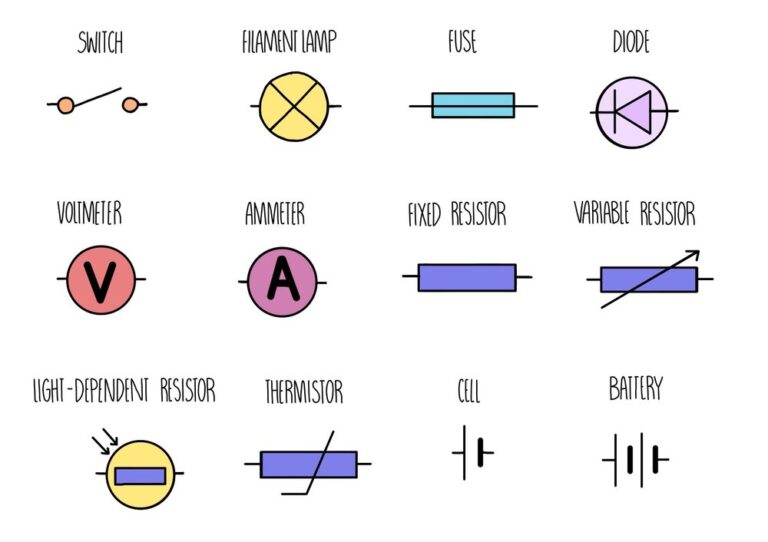
Components in Electrical Circuits
Students build on previous learning to understand components in circuits to a greater level. They will learn how different components transfer energy
Skills
• Apply mathematical concepts and calculate results
• Apply a knowledge of a range of techniques, instruments, apparatus, and materials to select those appropriate to the experiment.
• Present observations and other data using appropriate methods.

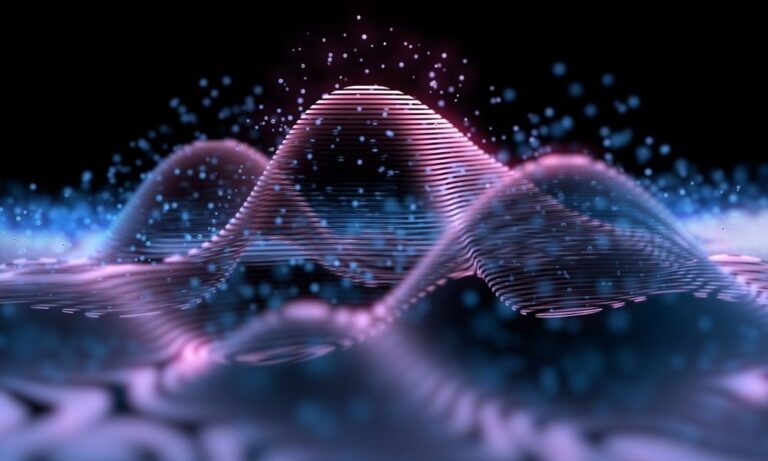
Behaviour of EM Waves
In this topic students will learn about the Electromagnetic spectrum. They will learn the properties of the different waves in the spectrum and how that relates to their uses.
Skills
• Apply mathematical concepts and calculate results
• Present observations in formats including tables and graphs
• Select the most appropriate practical equipment for an investigation

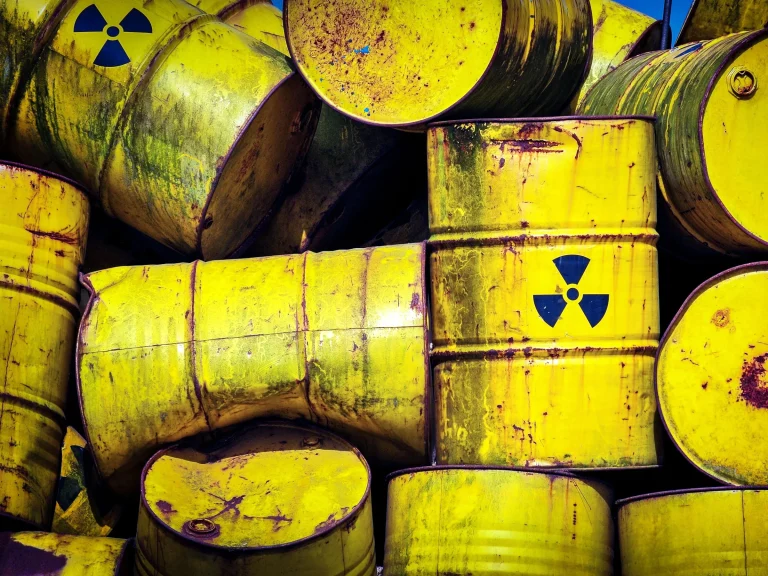
Radioactive Decay
Students will build on their previous learning on atomic structure in physics and chemistry. They will learn how atoms can go through radioactive decay and the different hazards and uses of this decay.
Skills
• Apply mathematical concepts and calculate results • Apply a knowledge of a range of techniques, instruments, apparatus, and materials to select those appropriate to the experiment. • Present observations and other data using appropriate methods.

Year 11
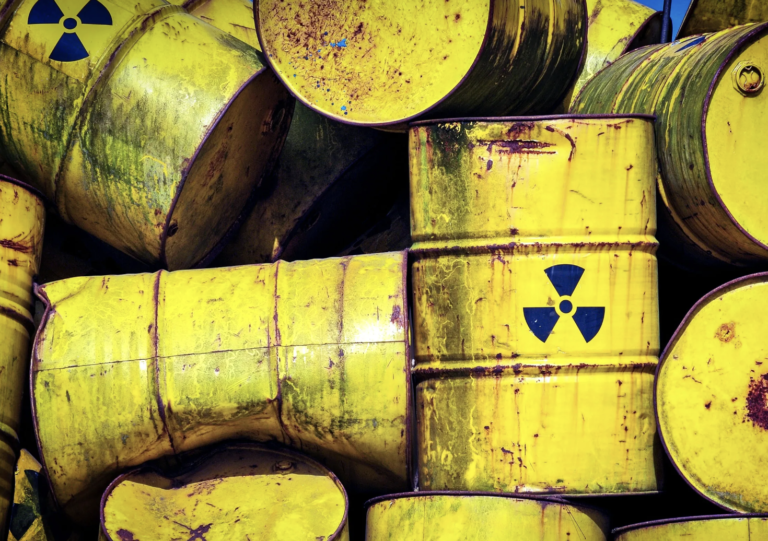
Radioactive decay
Students will learn how forces can cause a change in motion of objects; considering both the speed and direction objects are travelling in before and after a force is applied. They will develop their understanding of acceleration and the condictions necessary for an object to accelerate. Students will learn about Newton's Laws of Motion and how they can be used to describe the world around us.
Skills -
- Calculations involving force and motion of objects
- Apply knowledge to situations in order to be able to predict how objects will behave


Forces and Motion
Students will learn how forces can cause a change in motion of objects; considering both the speed and direction objects are travelling in before and after a force is applied. They will develop their understanding of acceleration and the condictions necessary for an object to accelerate. Students will learn about Newton's Laws of Motion and how they can be used to describe the world around us.
Skills -
- Calculations involving force and motion of objects
- Apply knowledge to situations in order to be able to predict how objects will behave

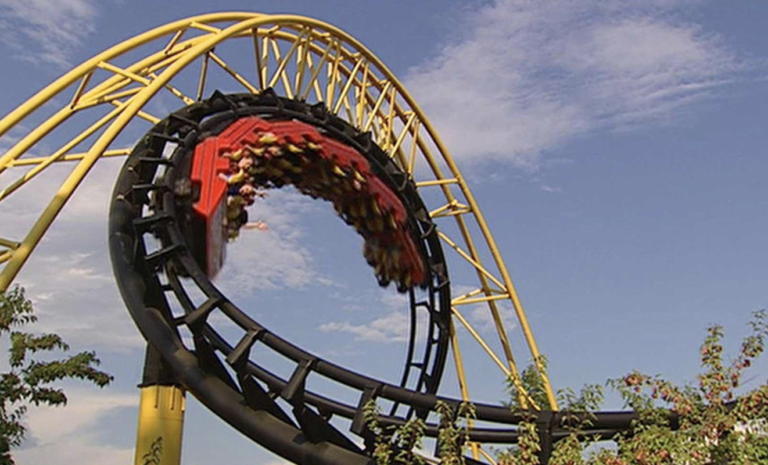
Describing motion
Student will build on their knowledge from the previous topic discussing forces and motion and will now concentrate on how we describe and compare motion. This will include learning how we use graphical techniques to present data, making it easier to compare and contrast. Students will learn about the real world example of braking distances for vehicles and the different factors that affect this.
Skills
- Use graphical techniques to present data
- Evalute data from graphs used to describe motion


Magnetism and Electromagnetism
In this topic, students will build on their understanding of magnets from KS3. They will investigate the poles of a magnet and observe magnetic fields. Students will also study electromagnets and Fleming’s left-hand rule and motors (Higher Tier).
Skills
• Communicate the scientific rationale for investigations, methods used, findings and reasoned conclusions through written and electronic reports and presentations using verbal, diagrammatic, graphical, numerical and symbolic forms.
• Recognise the importance of scientific quantities and understand how they are determined.
• Construct and interpret frequency tables and diagrams, bar charts and histograms


Space Physics (Separates Only)
In this Separates only module, students will consider the key ideas about where we are, and where we came from. They will begin their line of enquiry by studying our solar system, before moving on to look at satellites and red shift.
Skills
• Understand that theories have developed over time
• Ask questions and develop a line of enquiry

